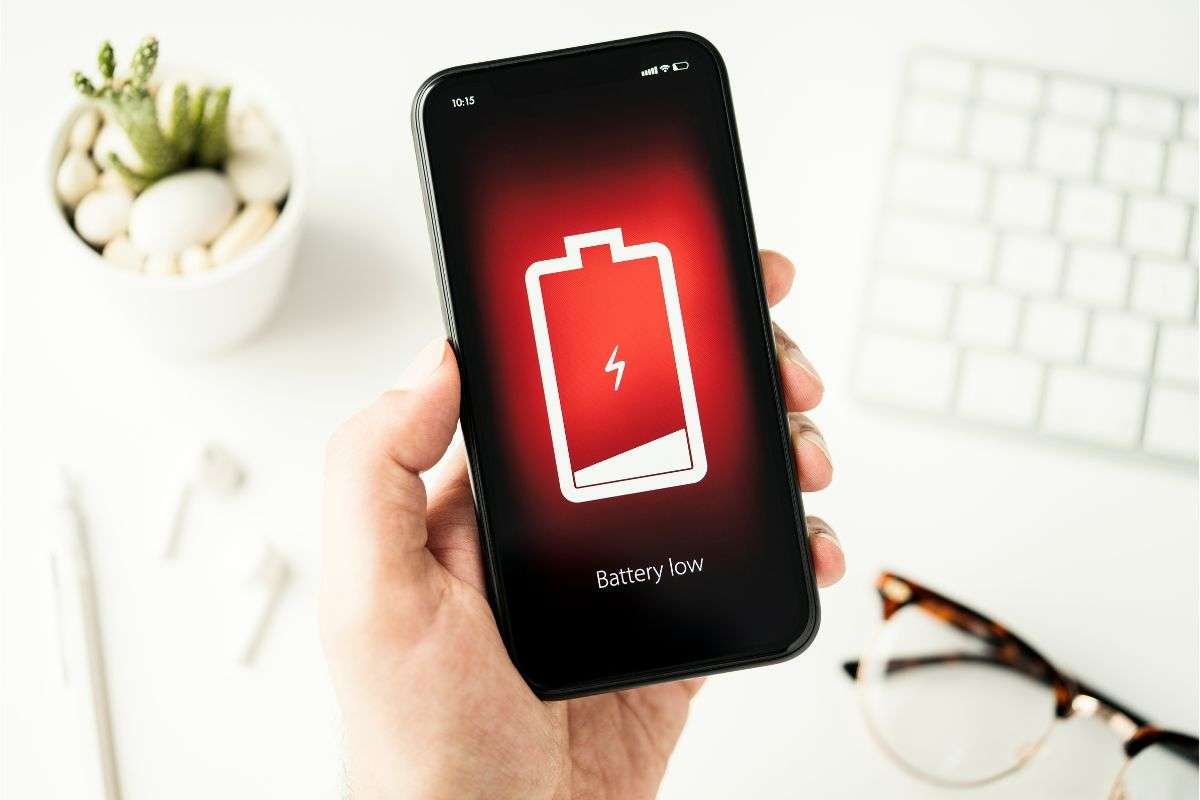Which is the better choice: A gas dryer or an electric dryer? Many people aren’t sure about the differences between gas- and electric-powered appliances.
Perhaps you understand the primary differences, but you feel unsure about the benefits of choosing one technology over the other? In this article, we explain the differences visually and how they differ in their mechanical operation. We also focus on how vents work, price differences in gas versus electric, and other need-to-know facts.
Do I have a choice between a gas or electric dryer?
You can technically choose whether you want to have a gas or electric dryer, but you should make that decision based on your existing laundry hookups. It can be expensive to change your laundry hookups from gas to electric and vice versa, so it’s best to stick with what you have.
Sometimes, laundry rooms have both a gas hookup and a 240-volt electrical outlet. If your laundry room can support electric or gas, which is occasionally the case for homes with gas service, you can choose which type of dryer you want. On the other hand, if you’re not set up for gas and don’t want to go through a whole installation process, electric is your only option.
How can I tell if I have a gas or electric dryer?
If you just moved into a new place with a washer and dryer hookup but no appliances, you can tell by simply looking at the outlet. Gas dryers run on electricity to do things like power the lights and turn the drum, but they heat with gas. So, the outlet should look pretty typical, and there will be a capped off gas line in the vicinity. If the outlet is larger — it may have three or four holes for prongs — and you don’t see a gas line, chances are you’ve got an electric setup (which typically runs on 240 volts). You can snap a picture of the outlet and bring it with you to the appliance store, and they should be able to confirm for you.
For those of you who have an existing dryer, you can always check out the model number. Gas dryers usually have a “G” somewhere in the jumble of letters, while electric ones have an “E.” This isn’t necessarily foolproof, though. Whirlpool makes a dryer with the model number WGD4815EW, which has both an “E” and a “G.” However, the electric version has two “E’s” in its model number: WED4815EW.

How do gas and electric dryers work?
Both types — gas and electric — use heat, air, and tumbling to get your clothes dry. The airflow and tumbling go hand in hand. While electric dryers use a heating element, gas dryers have a gas burner. In the former, electric current travels through the heating coil, building up electrons and heating up the metal, and in turn, the air. The heated air is then sent into the drum via a blower or fan.
Using natural gas or propane, gas dryers use an igniter to burn the gas. As with the electric version, a blower or fan draws the hot air into the drum.

How about a vent?
Both electric and gas dryers get vented to the outside, thanks to the moist, lint-filled air they expel. Otherwise, you could find yourself with a mildew-filled laundry room, not to mention lots of fluff particles in the air you’re breathing. In addition, the vent on a gas dryer exhausts out the products of combustion, which you also don’t want to inhale. Ventless electric models are often found in apartments because they don’t need to exhaust the air outside. Many of these models are compact, but there are full-size ventless dryers available, like the Whirlpool Duet.
There are two main types of ventless dryers: Condenser and heat pump, and they each work a little differently. With a condenser dryer, the air is heated by a condenser and then travels to the drum and starts evaporating the water from the wet clothes. Air returns to the condenser for a cool down, and while the moisture condenses, the air gets reheated and returns to the drum to start the cycle over again. One thing to keep in mind is that if you don’t have a drain to divert the condensed water, it will collect in a tray you’ll need to empty after each use. Heat pumps use a refrigerator-like compressor technology, recirculate the air, and remove moisture from the clothes and air. They use lower temperatures than conventional dryers and are therefore gentler on clothes.
These dryers are more efficient energy-wise, but their cycles tend to take longer than their vented counterparts.
Which is more expensive: A gas or electric dryer?
Upfront, you’re going to pay around $50 to $100 more for a gas dryer. The added cost doesn’t even include the installation fees that are most likely associated with your purchase. According to Energy Star, gas dryers are more energy-efficient in the long run, though that may depend on rates in the area you live. To consumers’ benefit, washers also spin much faster than they did in decades past, meaning clothes aren’t as wet going into the dryer, thus saving time and expensive energy.
There are now Energy Star-certified dryers in electric and gas versions, and the agency claims these dryers use 20% less energy than standard models. The Energy Star-certified units use moisture sensors to stop the dryer when clothes are adequately dried instead of running for the entire cycle. Some dryers similarly reduce energy costs but use lower heat settings that unfortunately increase dry times. According to Energy Star, you’ll save about $215 with the Energy-Star certification, and you can save around $370 if you have an Energy-Star Certified washer unit as well. Keep in mind that savings are over the entire life of the appliance. Therefore, depending on how much you spend on your dryer, your savings may or may not be enough to pay for itself over its lifetime. However, keep in mind that you’re also reducing your carbon footprint by investing in energy-saving washers and dryers.

Any other differences?
Manufacturers tend to keep the features nearly the same for the particular model’s electric and gas versions.
If you only have an electric hookup in your home, you should choose an electric dryer because adding a gas line is a significant added expense. Plus, with so many different models to choose from, you can find an energy-efficient electric dryer that you like and will fit your needs. If you have a gas hookup, choose a gas dryer. If you happen to have both hookups, electric and gas, consider both types’ pros and cons and make an educated decision to accommodate your laundry habits and individual financial situation.
Editors’ Recommendations














